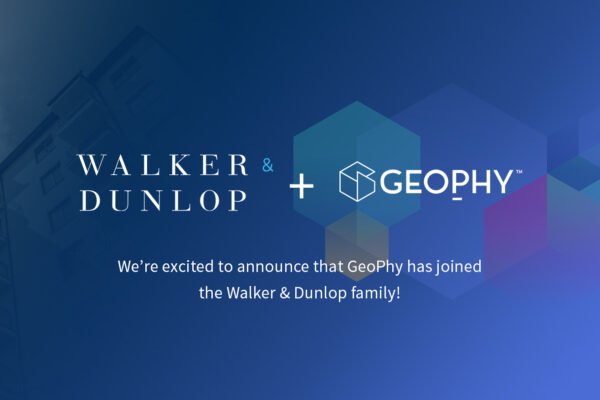Bullish on Commercial Real Estate Tech: Our GeoPhy Investment.

By Megumi Ikeda, Hearst Ventures
In commercial real estate — which encompasses office buildings, hotels, malls, retail, multi-family housing, industrial properties and warehouses and totals $18 trillion in market size — WeWork is the truly exceptional outlier in the space as a disruptor. (Arguments of whether WeWork is a tech play or not aside, its growth and dominance since it was founded eight years ago is truly unparalleled.)
But who else is out there?
We believe that the CRE market is in the early stages of tech-fuelled upheaval which will reshape this traditional industry in much the same ways as the residential property market was transformed in the 1990s and 2000s by startups such as Zillow (US), Zoopla (UK), Rightmove (UK), Trulia (US), Redfin (US) and Lianjia (China) and more recently by the likes of OpenDoor (US) and Nested (UK). The success of these consumer proptech companies underscores the power that technology can have when applied to a large and lucrative market, by offering users the access, speed, and transparency that the incumbents never did.
To add to CRE’s technology deficit and insights gleaned from tech in the consumer real estate sector, advances in AI and machine learning and an explosion of data can be leveraged to support ambitious players in the space and lead to rapid change in the industry.
All of which serves as both backdrop and context for Hearst Ventures’ recent investment in GeoPhy. Born in the Netherlands, and with offices today in New York City, London and Lithuania, GeoPhy deploys AI and machine learning to produce insights for the commercial real estate sector.
When we first met Teun van den Dries, Co-founder and CEO, in 2016 we got excited. Then when we met with Sander Mulders, the co-founder and CTO of GeoPhy, and the rest of the team, we were convinced. Here was a team quietly focused on building a database for every commercial real estate building globally. We are fans of data plays — owning many from the largest drug reaction database, First Databank, to our car pricing database, BlackBook — and through them we see the tremendous network effects that accrue to the dominant industry data player.
GeoPhy ingests up to 1 million buildings into its data management platform a day. It then enriches each building with as many as 1,000 data points that include physical characteristics, local amenities, economic performance, environmental information and more.
With this enriched data, GeoPhy can, among other things, help investors such as pension funds with site selection, provide granular overview of a fund’s CRE portfolio and, most usefully, provide an automated valuation. Automated valuation models (AVMs) underpin residential proptech companies like OpenDoor and Nested and have long been used to value single-family homes. However, AVMs have been elusive in CRE which is a less liquid market than residential, with fewer transactions to provide information. But GeoPhy’s proprietary data management platform, combined with its advanced algorithms, which adjust and refine over time, means it can provide instantaneous and highly accurate valuations.
No surprise then that Teun and the team are already working with some of the best-known lenders and investors in the CRE sector. The company is expanding its team (GeoPhy job site) and market footprint. We expect GeoPhy to be making more news in the coming months.
When it comes to technology adoption and transparency, commercial real estate is finally coming of age.


